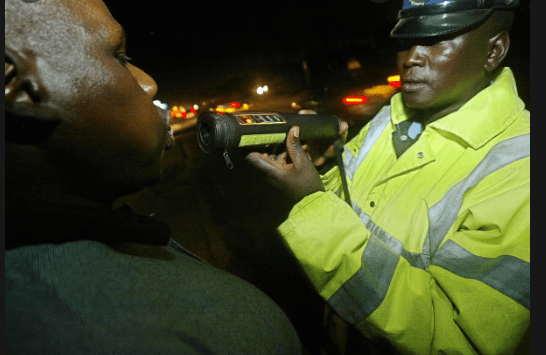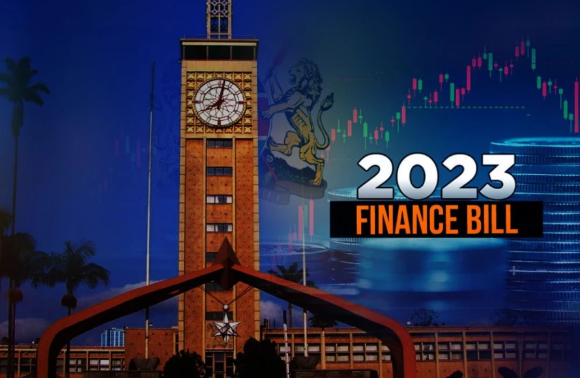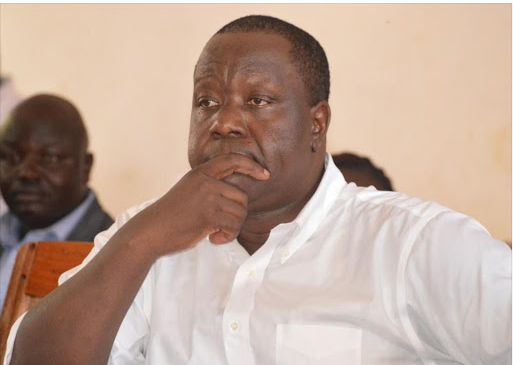Alcoblow Is Back! As President Uhuru Signs A New Law

Following President Uhuru Kenyatta’s signing of the Traffic (Amendment) Bill 2021 into law, drivers in Kenya must prepare for the return of breathalyzers, also known as Alcoblow.
According to the new law, which was passed last week, drivers who are caught driving while intoxicated face a fine of up to Ksh. 100,000, a two-year prison sentence, or both.
A breathalyzer analyzes a sample of breath to determine the amount of alcohol in the subject’s blood.
Any motorist who has ingested more alcohol than 35 micrograms per 100 milliliters of breath, 80 milligrams per 100 milliliters of blood, or 107 milligrams per 100 milliliters of urine is not permitted to operate a vehicle.
“A person who, when driving or attempting to drive, or in charge of a motor vehicle on a road or other public place is under the influence of an alcoholic drink or a drug beyond the prescribed limits, shall be guilty of an offence,” it says.
According to the breathalyzer scale, a driver is declared fit to drive if their blood alcohol content falls within the range of zero and 0.29 on the calibrator.
While public service vehicle drivers are fully barred from consuming alcohol and should have a test result of zero, private vehicle drivers are permitted up to 0.35 micrograms of drunkenness.
The Traffic Act of 2013 Amendment Bill was approved by lawmakers before they adjourned on June 9 to begin their summer break. The 2017 court order that made the use of breathalyzers illegal was followed by the new statute, which is an improvement over the prior one.
Police are now holding off on enforcing the law until it is published in the Kenya Gazette.
The statute introducing the alcoblow was declared invalid by Appeal justices GBM Kariuki, Festus Azangalala, and Fatuma Sichale in April 2017 because it broke the Traffic Act.
Francis Meja, the head of the National Transport and Safety Authority, stated that the organization will use a new provision of the law to punish the drivers as a result of the decision.
The Traffic Act’s Section 44(1), which forbids operating a vehicle while under the influence of alcohol or other drugs, would be applied, according to NTSA’s statement at the time.

 The Road to Victory: President Ruto’s Triumph in the August 2022 General Election
The Road to Victory: President Ruto’s Triumph in the August 2022 General Election  Finance Bill 2023- The Benefits
Finance Bill 2023- The Benefits  How Small Businesses Can Use AI to Increase Sales In Kenya
How Small Businesses Can Use AI to Increase Sales In Kenya  Not Today; Matiang’i’s Lawyer Says His Client Will Not Appear Before DCI Today
Not Today; Matiang’i’s Lawyer Says His Client Will Not Appear Before DCI Today  Senator Onyonka Urges President Ruto To Be Careful On How He Handles Matiang’i’s Case
Senator Onyonka Urges President Ruto To Be Careful On How He Handles Matiang’i’s Case  Form One Student Beaten To Death By Teachers Over Alleged Physics Exam Cheating
Form One Student Beaten To Death By Teachers Over Alleged Physics Exam Cheating